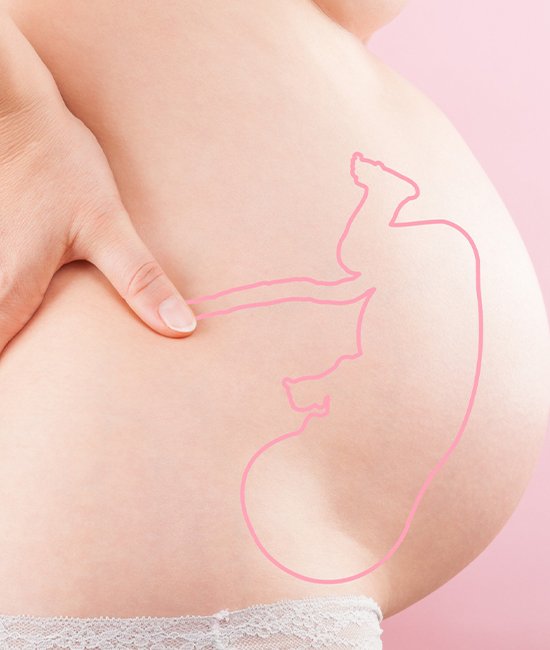Ectopic Pregnancy
 OUTER PREGNANCY
OUTER PREGNANCY
What is an ectopic pregnancy?
Ectopic pregnancy is a condition in which a fertilized egg implants outside the uterus, usually in the fallopian tubes.
In normal pregnancy, the fertilized egg implants in the lining of the uterus, whereas this does not happen in ectopic pregnancy.
Ectopic pregnancy occurs in 1 out of every 100 pregnancies
Symptoms of Ectopic Pregnancy
The most common symptoms of ectopic pregnancy are:
- Groin and abdominal pain: It can be unilateral or on both sides. The pain can be sharp or cramping.
- Vaginal bleeding: Can range from light spotting to heavy bleeding.
- Nausea and vomiting: Can be confused with early pregnancy symptoms.
- Dizziness or fainting: Bleeding can cause a drop in blood pressure.
- Fatigue: Can be caused by changes in hormone levels.
Causes of Ectopic Pregnancy
Although the exact cause of ectopic pregnancy is not known, some risk factors include
- A history of ectopic pregnancy: Having had an ectopic pregnancy before increases the risk.
- Intrauterine device (IUD) use: IUD use slightly increases the risk.
- Pelvic infections: Past pelvic infections increase the risk by damaging the fallopian tubes.
- Ovulation disorders: Delayed or premature ovulation increases the risk.
- Smoking: Smoking increases the risk by damaging the fallopian tubes.
- Infertility: The risk increases in those undergoing infertility treatment.
Diagnosis of Ectopic Pregnancy
Beta-HCG monitoring is the most specific in diagnosis. Beta-hCG hormone level is measured every other day. This hormone rises up to 1.5-2 times every other day in intrauterine pregnancy. In ectopic pregnancy, the increase in beta-HCG levels every other day is not in this range.
Ectopic Pregnancy Treatment
The treatment of an ectopic pregnancy depends on how early the pregnancy was diagnosed and the general health of the patient. Treatment options are as follows:
- Medication: A medicine called Methotrexate can be used to terminate the pregnancy in the fallopian tube. This medicine can be used if the pregnancy was detected very early and the tube is not damaged.
- Surgical intervention: Laparoscopic surgery or abdominal surgery can remove the pregnancy tissue in
the fallopian tube. Surgery is necessary if the tube is damaged or if medication has not worked.
Treatment for ectopic pregnancy is usually successful and most women are able to become pregnant afterwards in good health.